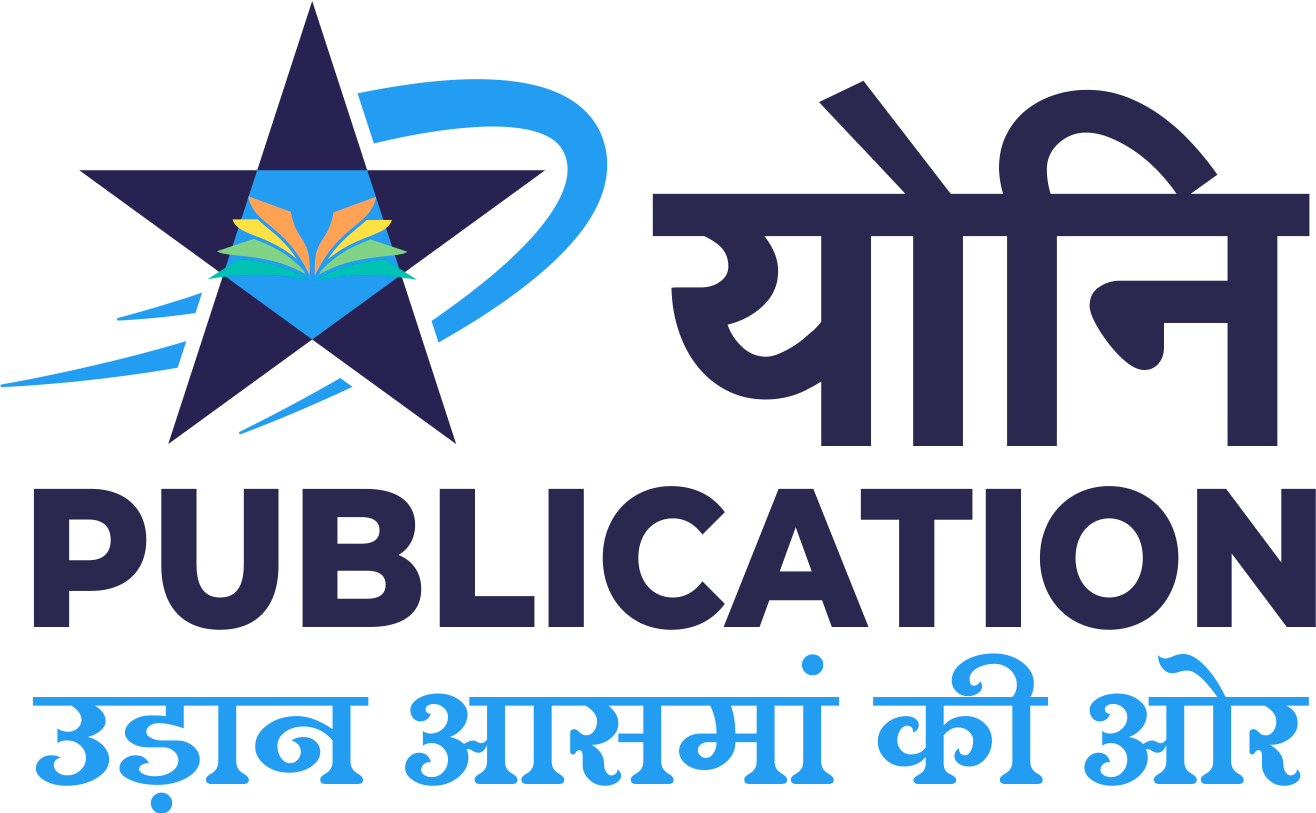The journey to becoming a published writer is similar to a rollercoaster ride that’ll take you through so many twists and turns until you get to the finish line. One of the abruptest turns you’ll have to take near the end is how you intend to publish your book. Weighing the pros and cons of both self-publishing and traditional publishing is essential, and the choice is fairly subjective, changing from one person to another.
Since the choice is quite daunting as it is, we’ve decided to gather a pro-con list to help you make the right decision.
Self-Publishing
The self-publishing journey is the road to freedom. It is often more difficult than the traditional route, yet it allows you to have full control over your life and business. Here are the pros and cons of self-publishing.
PROs of Self Publishing
1) Liberty
Authors make their own decisions. Which means, they decide their book’s title, design, marketing angle, and everything else by their own. Writers who sign with traditional publishers find themselves torn between their dreams and visions on one hand and the expert advice on the other. For many authors who can’t agree with their publisher’s implementation, this stage can be very frustrating and enough to leave the path of traditional publishers. This, in turn, a self- publisher can immediately create empowering changes.
2) High-profitable margin
Authors who sell their ebooks directly from their sites and social media gets all the profit. Self- publishing platforms and aggregators do take a cut on the sales; however significantly less than that of a publishing house.
3) Frequent payments
Publishing a book on Amazon or similar marketplaces, ensures a once a month payment, unlike with traditional publishing houses where authors can get paid quarterly. The independent route on the other hand, such as with a personal website, provides an instant payout anytime whenever a book is sold.
4) No agents needed
Self-publishing is a risky yet possible way to launch a book successfully. Instead of allowing publishers to judge a book’s potential, a self-publish author can test and discover the true potential of his work on his own. Which means, no need to appeal to different agents. Authors can publish their work without having it to be approved for publication.
5) Instant publication
There’s no need to wait for years to get a book to be ready. A self-publisher can decide the publication date and plan it according to his own will. He doesn’t have to abide by a release cycle that traditional publishers go by, which can take up to a year or more.

